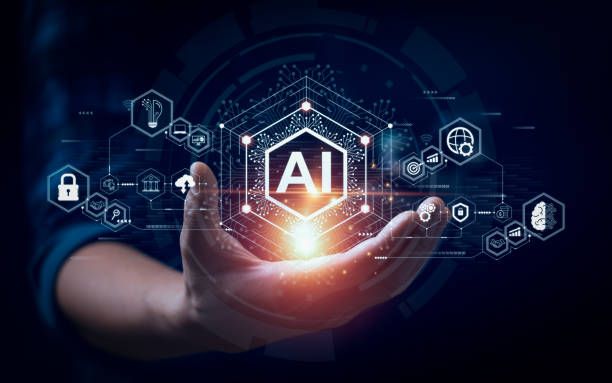
Ai Chatbots' Benefits and Drawbacks for Software Development
Artificial intelligence (AI) has become a crucial component of several businesses in recent years, not the least of which is software development. Developers have been using AI-powered chatbots in particular for a wide range of tasks, from proactive task automation to customer service. But they have advantages and disadvantages just like any other instruments. The benefits and drawbacks of utilizing AI chatbots in software development will be discussed in this piece.

Benefits of AI Chatbots for Software Engineering
1. Constant Availability: Because AI chatbots are machines, they don't require breaks, holidays, or rest periods. They may work day or night, handling questions, producing reports, and even helping to troubleshoot problems. They are therefore very beneficial to multinational companies that require round-the-clock support.
2. Cost-Effectiveness: AI chatbots can ultimately save businesses money once they are set up. A chatbot may perform a high volume of repetitive development chores at a far lower cost than engaging a whole workforce to operate support or help.
3. Continuous Efficiency: In any job process, human error is an inevitable component. But if they're taught correctly, AI chatbots may provide a steady performance level and lower the chance of mistakes.
4. Flexibility: A company's software requirements and customer service inquiries may skyrocket as it expands. Chatbots are able to manage this influx with ease, providing scalability without requiring significant resource increases.
5. Continual Learning: By using machine learning, chatbots of today are able to draw knowledge from their previous exchanges. This eventually enables them to provide better solutions, anticipate consumer demands, and even identify software problems more quickly.
Drawbacks of Software Development using AI Chatbots
1. Inadequate Knowledge: Although chatbots are fast at processing information, human intuition and profound understanding are still necessary. This might result in mistakes, particularly when dealing with difficult or unclear questions.
2. Dependence Issues: An excessive reliance on chatbots may result in inadequate human supervision. It's crucial to strike a balance and prevent chatbots from totally taking the place of human interaction, particularly in crucial areas of software development.
3. Initially Installation and Training: It can take a lot of time and money to properly configure and train a chatbot for best performance. Before the advantages are felt, a sizable upfront investment is needed.
4. Significant PR Problems: Chatbot misinterpretations of user problems or failure to handle important issues might result in disastrous PR. If users are unable to acquire assistance, they may become irate and feel unappreciated.
5. Privacy and Data Security Concerns: There are legitimate worries regarding data privacy and possible exploitation because chatbots are gathering and analyzing enormous volumes of user data. It becomes crucial to make sure data protection laws are followed.